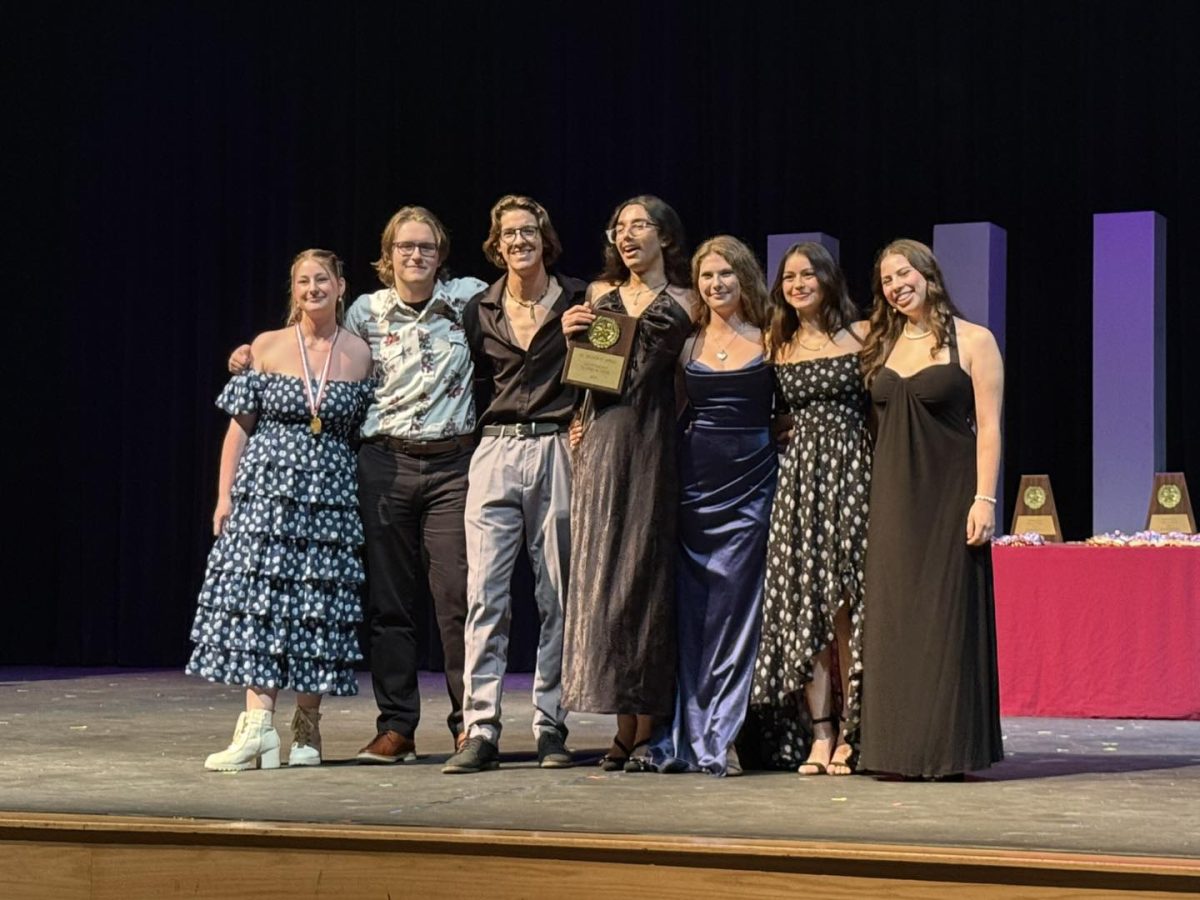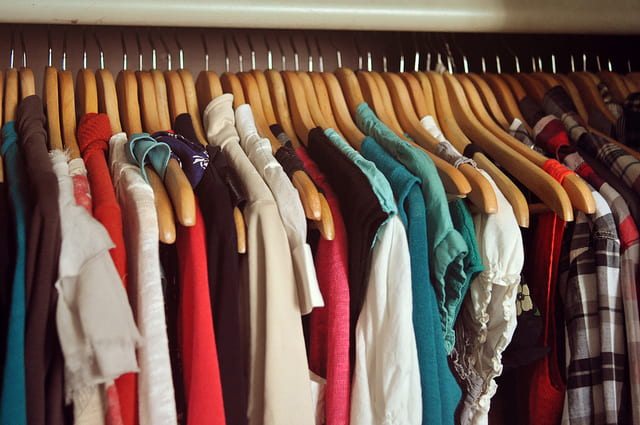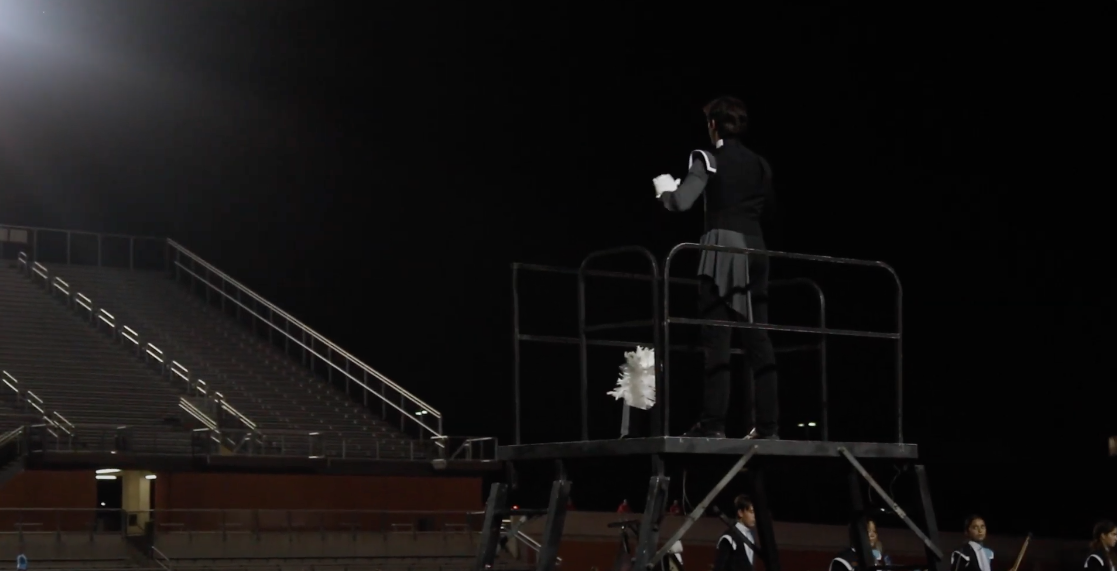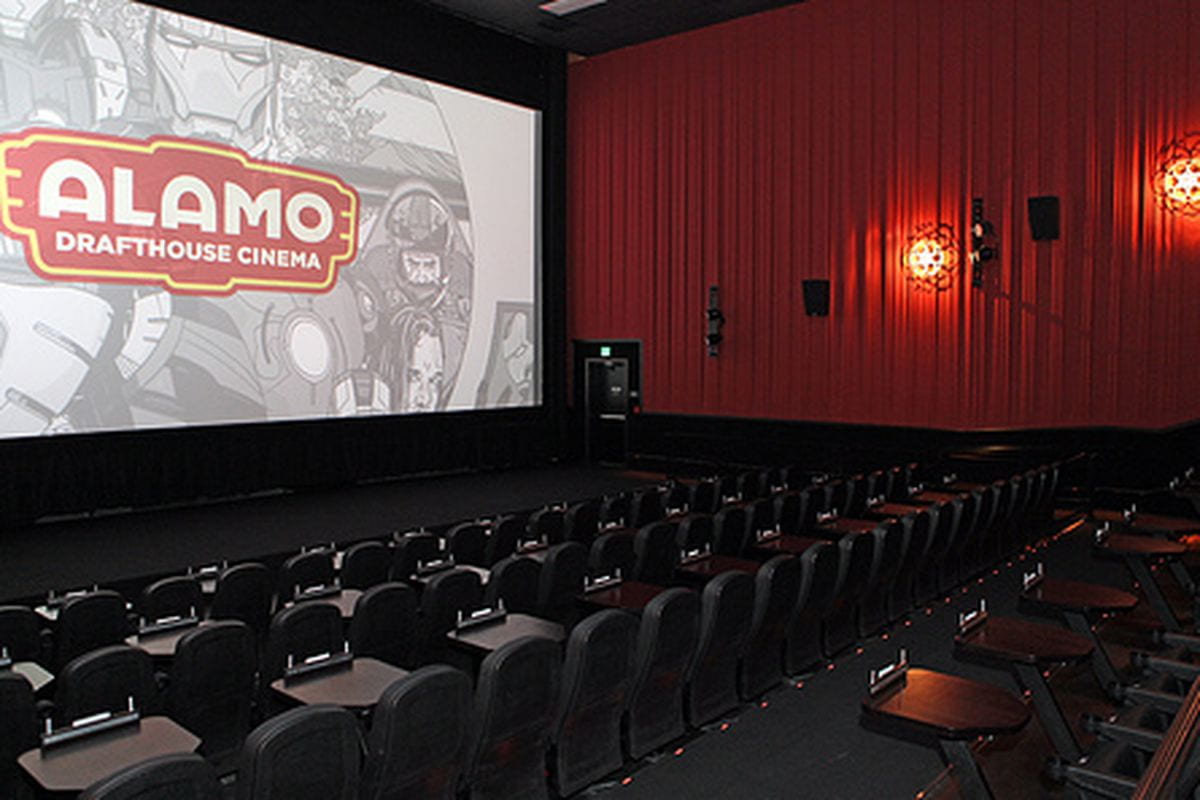Tony Johnson | Arts & Entertainment Editor
This weekend, the documentary Waiting for Superman from the makers of An Inconvenient Truth gets a wider release. However controversy has already begun after private screenings due to it’s heavy attack on America’s educational system, causing parents and teachers alike to be concerned and outraged. It’s something everybody has an opinion on, including Johnson High School teachers and advisors.
Q: The documentary is criticizing America’s educational system and attacks teacher unions and charter schools as being problems. Do you think they’re a problem? Do you take any offense to it?
A: “No, I say this as a teacher, but I think teacher unions, though they can be very helpful, can sometimes hinder changes,” GT English teacher Gabriel Oviedo said. “Especially in terms of whether there is an effective teacher or an ineffective teacher, so I think teacher unions are problematic in terms of personal change when it’s needed.”
A: “No. I think that any time you provide public service for anybody, whether it’s police officers who protecting the entire country to [those] who try to educate the entire country, there are going to be nay-sayers who don’t like the way you do it,” AP Mitch Brown said. “I don’t [take offense] I know what I do everyday and I feel pretty good about it, I think.”
Q: Though the documentary is targeting the “American” education system, do you think they could be generalizing a bit since some problems are more severe in other states?
A: “Yeah, I mean each state has it’s own external forces that act upon the educational system, and each state has it’s own way of funding the education system,” Oviedo said. “And that funding is going to determine in part what kind of programs are available to each state, and those programs affect academics, extracurricular, and what not. Yeah I don’t think it’s too effective to make a blanket statement when each state individually decides funding, decides how it’s affected by it’s own external problems.”
A: “I think there are some problems with many of the charter schools. Some of the charter schools are excellent, they have a purpose and they fulfill that purpose, and they’re very good,” McCain said. “Unfortunately, there are a lot that are not. Some of them are kind of like fly by night charter schools, and they are giving the good ones a really bad reputation. As far as the teacher unions, I do think in some cases they have done as much harm as they’ve done good. They’ve certainly done some good, but they’ve also done things detrimental to education.”
A: “I do. Keep in mind the American educational system has been under fire always, and the reason why is, unlike most countries, we don’t have selected kids who get to go to the higher education,” Brown said. “Anybody who wants to participate in public education, as a matter of fact by law you have to participate in public education. So we educate every single kid regardless where they come from, how much money they’ve got, who their family is, or what their educational needs are.”
Q: President Obama is even considering extending the school year by a whole month or shortening vacation time in order to compete with international peers. Do you think that could improve the educational system? How would that benefit it?
A: “That’s something that’s always been considered, I remember a couple years ago under George Bush said that was even talked about,” Oviedo said. “The school year is based on an agricultural calender, the problem though is the students today have that schedule engrained in them so much that there’s going to be a multi-year transition period when those elementary kids who attend a year round school end up going into high school. I think that’s really where you’re going to see a positive effect if there’s more year round schools. The problem then becomes what happens to those kids who are in middle school who are not used to that because most of their educational career has had the summer off. The best way to do it would be to phase it in from elementary school, but that’s not possible. Is it an effective way to have students to become better learners? I don’t know. I don’t think it’s actually ever going to happen.”
A: “I think the fundamental problem is that you can’t compare the United States to Japan or to China,” McCain said. “Just because that’s the way education is in Japan or China, doesn’t mean that needs to be the way education is in the United States. I think that that’s a big mistake a lot of people are making, is trying to make those comparisons. The United States is very different, we have a totally different philosophy about what needs to be accomplished in education. We look for more well-rounded students, where in some of the other countries, they are very specialized in everything, and that’s not their goal. So I think it’s a mistake to try to compare the United States to other countries and our educational systems.”
A: “I think, unfortunately, time isn’t always the best,” Brown said. “It’s not always a matter of more time, it’s making sure that the instruction that we have through the day is relevant, with rigor also. You’re not doing stuff for the sake of doing it, it’s the quality more than the quantity. So it would be difficult for me to say that I think we need more time in school, I think maybe the system is set up kind of what you’d consider agrarian. Originally, when this was established, the school system was set up such that you could be off in the summers to work in the fields. Not necessarily a need anymore. But now it’s looked at because of the tourist months, you guys [students]are cheaper to hire than an adult are. I wouldn’t be opposed to a longer school year, but if I did that I would almost probably make the school day a little shorter and a lot more planning time for teachers, because I think that’s they key, good quality planning and instruction.”











